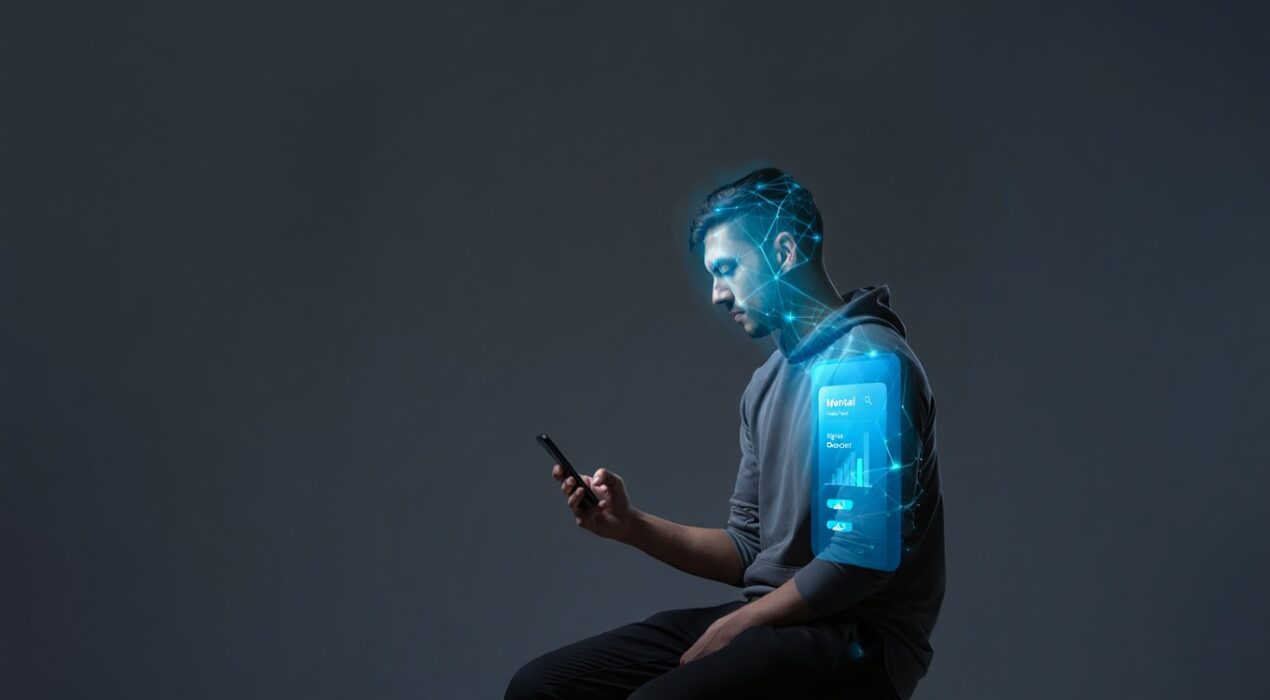Smartphones may soon become powerful tools in identifying hidden mental health risks. A new study from the University of Pittsburgh shows that sensors embedded in everyday phones can track subtle behaviors linked to disorders such as anxiety, depression, and even personality-related conditions.
Rather than relying only on self-reports, researchers found that passive data—like GPS location, physical activity, call frequency, screen usage, and sleep time—can reveal patterns tied to multiple mental health symptoms. This continuous, real-world monitoring could provide clinicians with more reliable insights between patient visits.
Colin E. Vize, assistant professor of psychology at Pitt, explained, “This is an important step in the right direction, but there is a lot of work to be done before we can potentially realize any of the clinical promises of using sensors on smartphones to help inform assessment and treatment.”
The team, which included Whitney Ringwald from the University of Minnesota and researchers from Michigan and Oregon, discovered that sensor data correlated not only with specific symptoms but also with a broader “p-factor”—a general marker shared across different mental health issues.
Unlike traditional diagnoses that separate disorders into categories, this approach highlights how overlapping behaviors can reflect more complex realities of mental health. Vize compared it to a Venn diagram, with the p-factor representing the shared space between conditions.
While the technology is promising, researchers caution it is not yet designed to evaluate individuals. Instead, it identifies trends across groups, with the potential to one day support clinical care. “I don’t think it can replace treatment,” Vize noted. “It would be more of an additional tool in the clinician’s toolbox.”
Ultimately, smartphones may help bridge the gap between self-reporting and clinical assessment, offering a new way to understand mental health in real time.
Your Smartphone Might Spot Mental Health Risks Before You Do






